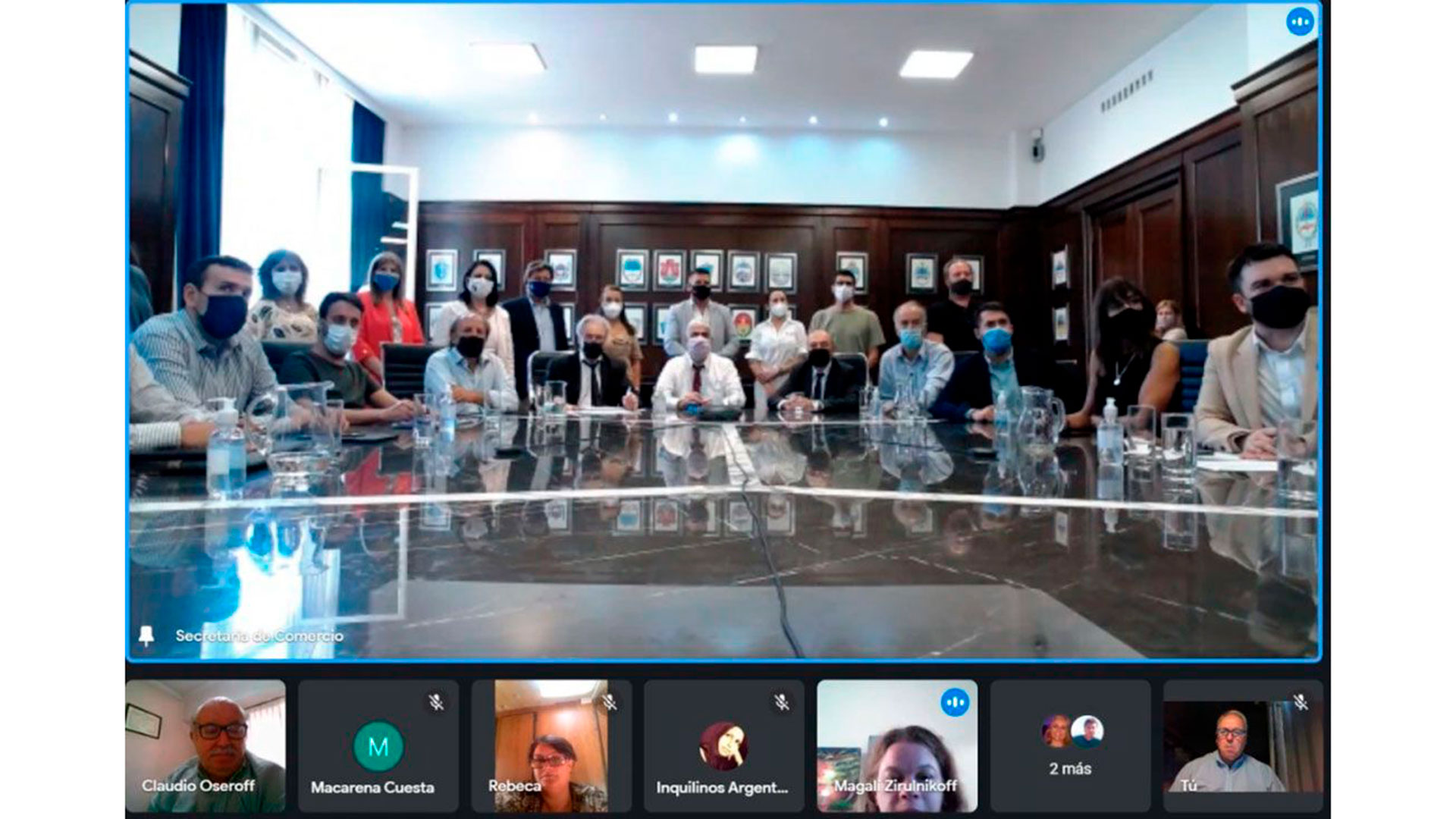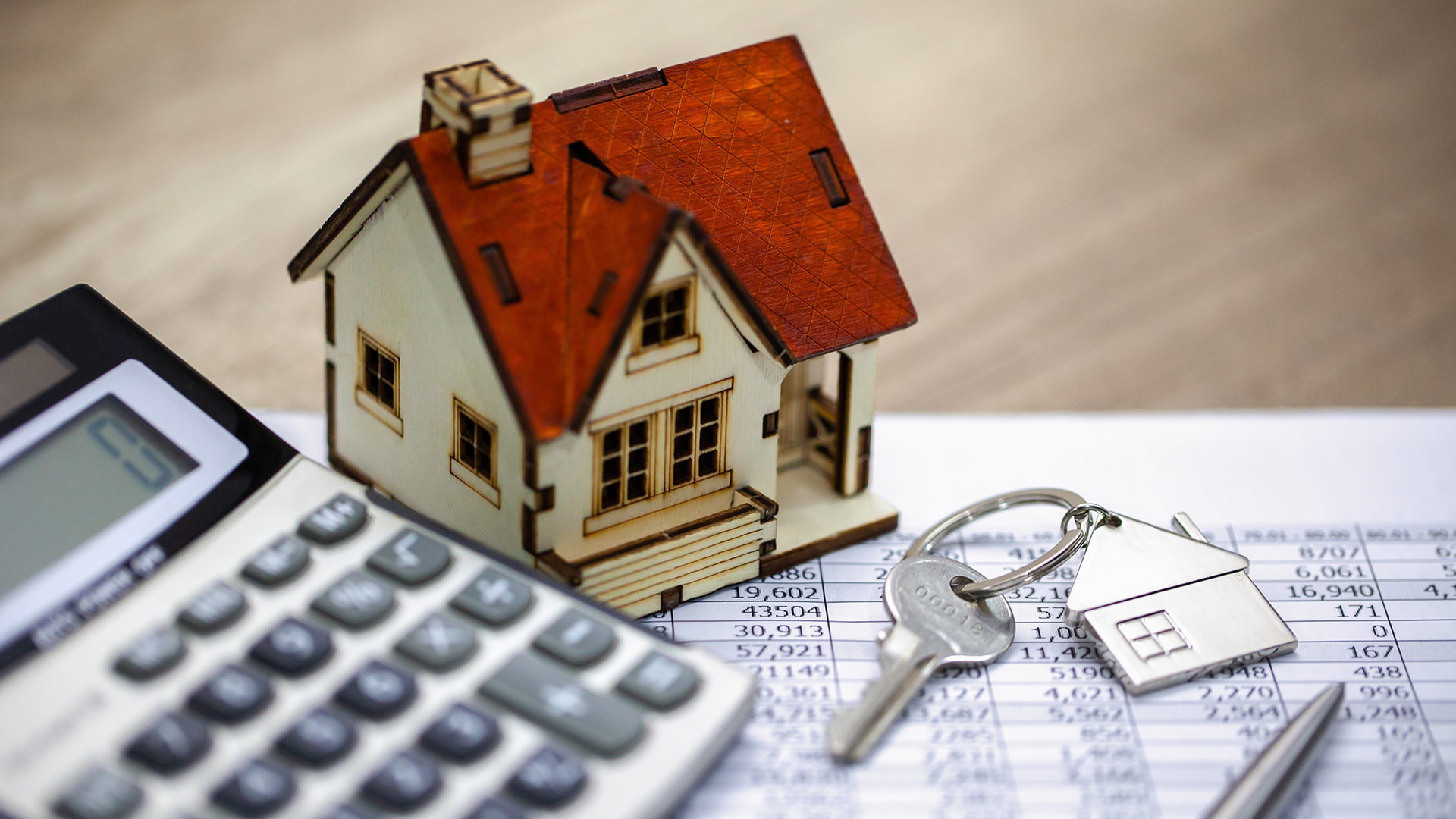
Next Thursday 17th, the second meeting of the Bureau of Rentals, convened by the Ministry of Commerce, is scheduled. As agreed, participants will discuss different alternatives to expand the current rental supply and reduce the impacts of rising prices.
From the National Tenants Federation detailed a list of proposals, which will be presented at the meeting:
- Regulation of the initial rental price, which is 2% of the tax value of the house. The State regulates this price and updates it every year. This proposal is based on the bill introduced in 2009 by National Senator Teresita Quintela.
- Empty housing tax: 5% on the tax value of immovable property in disuse for more than two months for all those who own more than three properties.
They will also propose a channel for complaints to Consumer Defense or the Ministry of Commerce for non-compliance with rental legislation. As they detailed, the most frequent breaches are not accepting electronic payment, not issuing an invoice, indexation outside the law, the terms of contracts and the transfer of taxes to the tenant.
Other issues that will be asked by the federation that groups tenants to the Ministry of Commerce is that they carry out the promotion of a model rental contract and an official measurement of rental prices. Also, the rent update index, which combines wages and inflation and is carried out by the BCRA, be made public. “Almost two years after the rental law has been in force, there is no official place to consult the index to update the rental price,” they said.
On the other hand, they stressed that they will request that the AFIP control over real estate agencies be intensified so that tenants can pay rent electronically and obtain an invoice.
For its part, the Argentine Real Estate Chamber (CIA) announced that one of its proposals is that contracts should be updated every six months and according to the current index or other alternative indices, such as the one that measures the evolution of wages. “We also believe that the provinces should have interference in the application, because not all the real estate market is the same as what happens in the city of Buenos Aires,” Alejandro Bennazar, president of the CIA, told Infobae.

In addition, another idea is to ask for the extension of construction laundering, which includes an option that allows undeclared money to be spent on the purchase of used properties — not just new or to build — with benefits if it is later destined to the rental market.
The Rent Law, in force since mid-2020, was approved by the Chamber of Deputies in November 2019, during the Government of Mauricio Macri but ended up being approved by the Senate in June 2020, during the administration of Alberto Fernández. The main changes it introduced to rental contracts were the duration (the minimum went from two to three years) and the annual update of values through an index (ICL) published by the Central Bank and that combines the evolution of inflation and wages in equal parts.
From the real estate market they say that since the implementation of the new law the number of properties for rent has been reduced, which caused an increase in the initial prices of new contracts. And that annual increases end up being very high for tenants. This month, for example, the update for those who completed 12 months of contract approached 52 percent.
According to the latest data from the Zonaprop platform, the rent of a two-room apartment of 50 square meters in the city of Buenos Aires stands at $50,891 per month on average, 4.5% above the previous month. In 2021, prices accumulated a rise of 52.8%, slightly above inflation.

The supply of rental properties remains limited: the current volume of advertisements is 15% lower than in 2020 and 25% lower than in 2019, according to the platform data.
The discussion about the price and supply of rents is going to take place in the midst of a revaluation of properties that will have an impact on various taxes, including the Personal Property Tax, and on the real estate market. As negotiated with the International Monetary Fund, during this year the national and provincial governments will undertake reforms to allow property tax assessments to reflect market values.
In addition, last Friday, opinion 1/22 was officially announced, which changes the way real estate in the city of Buenos Aires is valued to determine the Personal Property Tax. This change multiplies the current fiscal valuation by four. These changes, according to sources in the real estate sector, discourage investing in properties and will not increase the lack of dynamics that the rental market has today.
KEEP READING:
Últimas Noticias
Debanhi Escobar: they secured the motel where she was found lifeless in a cistern

The oldest person in the world died at the age of 119

Macabre find in CDMX: they left a body bagged and tied in a taxi
The eagles of America will face Manchester City in a duel of legends. Here are the details

Why is it good to bring dogs out to know the world when they are puppies




